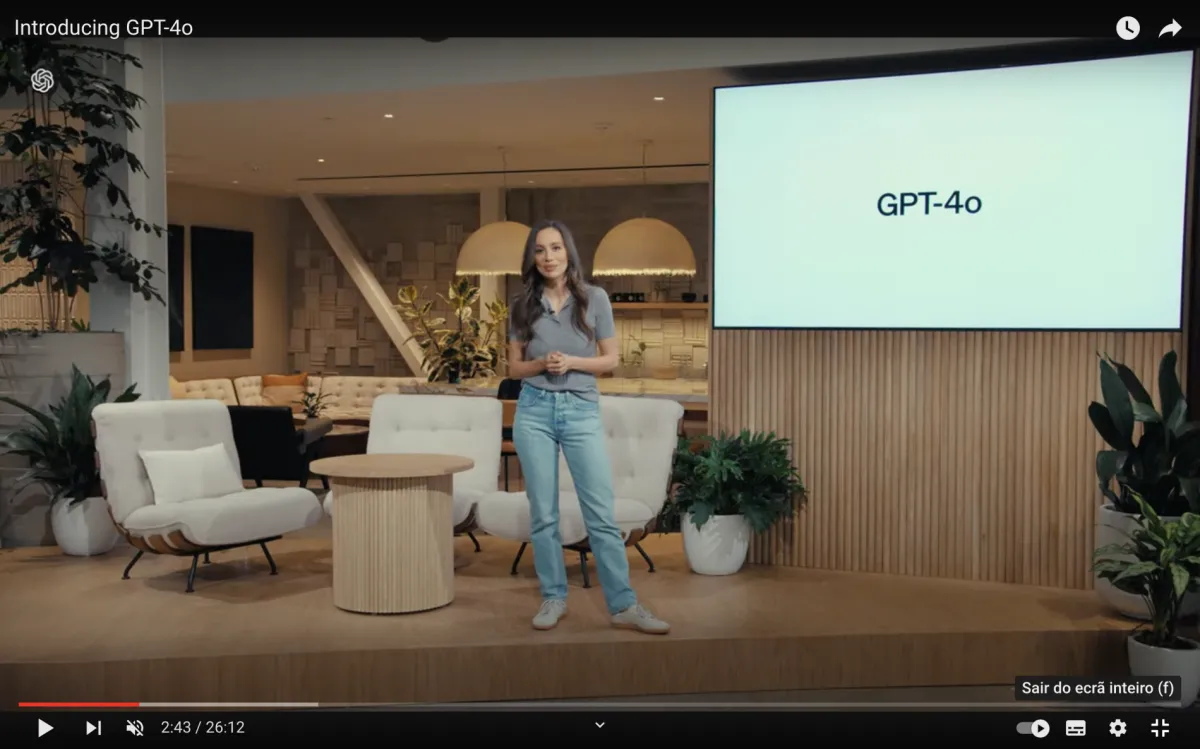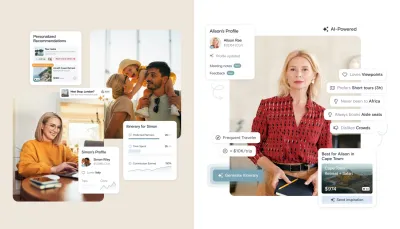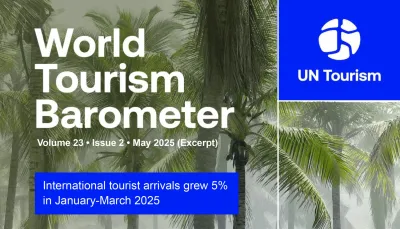OpenAI Launches New AI Model GPT-4o and Desktop Version of ChatGPT

OpenAI has unveiled its latest advancements, introducing GPT-4o, a new AI model, and a desktop version of ChatGPT. Announced in a livestreamed event by technology chief Mira Murati, the updates aim to enhance the ease of use and functionality of their popular chatbot. The new model, GPT-4o, promises faster performance, improved capabilities in text, video, and audio, and the ability to handle 50 different languages with greater speed and quality.
OpenAI has launched GPT-4o, a new AI model, alongside a desktop version of its popular ChatGPT application. This announcement was made by CTO Mira Murati during a livestreamed event. The GPT-4o model is designed to be significantly faster and more efficient, with advanced capabilities in text, video, and audio processing. This model can handle 50 different languages more effectively, and OpenAI plans to integrate features like real-time voice and video interactions in the future.
GPT-4o is set to be more cost-effective, being half the price of GPT-4 Turbo, and is available through OpenAI’s API, allowing developers to build applications with it immediately. The model's demonstrations showcased its ability to perceive emotions, translate languages in real-time, and perform various tasks like telling bedtime stories or analyzing facial expressions.
The new desktop version of ChatGPT aims to provide a more seamless user experience, introducing features such as Voice Mode that responds to audio prompts in milliseconds. This update represents one of OpenAI's most significant advancements since the launch of ChatGPT Enterprise in August, which targets business users.
Supported by Microsoft and valued at over $80 billion, OpenAI continues to lead the generative AI market, contending with other giants like Google. The generative AI sector saw a record $29.1 billion investment in 2023. Despite these rapid developments, there are ongoing concerns about AI's potential biases and the quick introduction of new technologies.
Murati highlighted the goal of making advanced AI more accessible. The new model will be available first to ChatGPT Plus and Team users, with free users having access but with some usage limits. This phased rollout aims to ensure a smooth transition and broad accessibility.



